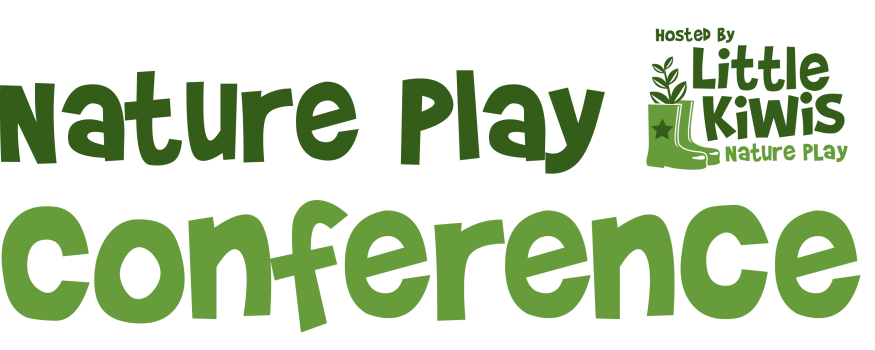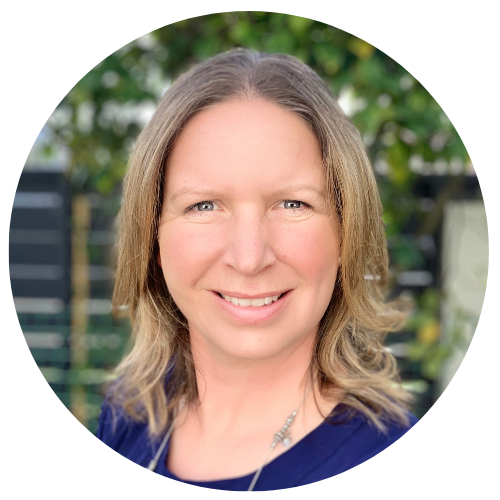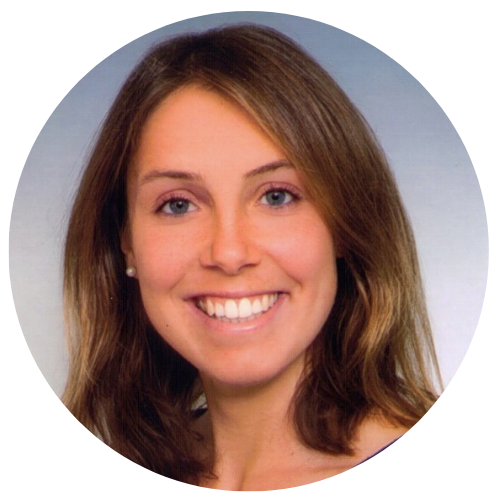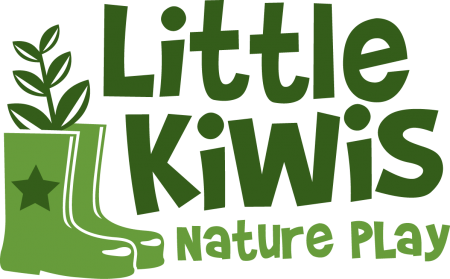
Keynote Speakers

David Spraggs, Senior Teacher, Gisborne Kindergarten Association
David is married with 4 children and lives in Turanganui a Kiwa, Gisborne. He is chair of Te Hapori Disability Trust and which provides a day service for participants with Very High Needs within Te Tairawhiti. David currently works for Gisborne Kindergarten Association as a Senior Teacher as well as providing professional development around the motu. He has been in ECE for the past 36 years.
KEYNOTE: Buy, Use, Discard!
This keynote will ask participants to start considering what it is that they need to consider and perhaps reconsider when working in more sustainable ways and how transference of the knowledge to be sustainable could be done alongside children more effectively. Participants will hopefully have aha moments during this keynote and also moments of being uncomfortable. It is my hope that when someone is uncomfortable with something being said they then must try and seek equilibrium again and in that process learning occurs.

Celia Hogan, Founder and Lead Educator at Little Kiwis Nature Play
Celia Hogan believes the building blocks for thriving Early Childhood centres literally lie right outside. As a facilitator of outdoor and nature-based learning, Celia inspires early years teachers to look beyond the day to day challenges and find outdoor learning opportunities where kids can blossom. While investigating how nature sessions could work within preschools she found teachers really struggled to get off site with their children. With support and guidance their confidence grew, and she is now excited to be running professional development for nature educators in the early years. Celia originally studied outdoor recreation and adult education. For the past 20 years she has worked for a variety of outdoor education organisations internationally, setting up, developing and running outdoor programmes, wilderness expeditions, leadership development programmes and establishing risk management and safety systems. Now with two wild pre-schoolers herself she wants to share her passion for getting children outdoors and into nature.
KEYNOTE: Resilience in a Crisis
In life we are presented with many crisis of many different kinds. As educators, having the skills do deal with and manage these situations is part of our every day. However things can feel a bit different if we are out in nature. It can even be a barrier for people going on excursions with their children due to the fears around ‘what if something goes wrong’. In this keynote Celia will draw on some personal experiences of crisis outdoors and share some of the key learnings as well as addressing how well we are preparing this generation of children for the crisis’ they will face in their lives.

Harko Brown, Kaimatai Hupara
Harko Brown is an educationalist who is passionate about promoting learning through environmental and cultural pedagogies. He is leading in the development of Mara Hupara, a traditional form of natural playgrounds, which are utilised as education centres and community nodes.
These playground installations, and the educational scaffolding around them, have been heavily promoted by Auckland Council in their central suburbs in collaboration with Mana Whenua, local boards, planners, architects, other stakeholders and scores of schools.
He was a former university lecturer who completed his Master’s degree on enviro-education and has written several books on the subject, including the seminal ‘Nga Taonga Takaro: The Matrix’ (2015) and ‘Smartefacts: Sportised Maori Artefacts for Teaching Science, Technology, Environmental Education & Mathematics’ (2020).
Harko is now a specialist educator who promotes the concept of youth learning through nature, aided by their natural inquisitiveness, creativity and playfulness. He sees such promotions as well-being and peace for humanity projects for a better world.
KEYNOTE: SMARTEFACTS – tools for life
I once sat in star-lit darkness on desert sands with a Torres Straight Island tribal group, facing an imminent sunrise, as an elder quietly described to me the ‘music’ they were hearing as Sol was awakening. Through the ‘noiseless’ void of space the power of billions of nuclear reactions exudes to us on radio wavelengths only the attuned can hear.
I have also walked through native ngahere with a kaumatua who was so finely attuned to the scents of the forest that he could literally smell-out flora such as keikei, kowhai, kauri and angiangi. Each plant exudes pheromones that very few of us can sense.
This keynote will recollect such anecdotes from my experiences with Indigenous in Aotearoa/NZ, Australia, Canada and Brazil along with my professional work as a teacher and kaimatai in diverse educational settings such as with home school groups, Kura Kaupapa Maori, pre-schools, community-interest groups, and state schools.
Such opportunities have shaped my teaching ethos and given me tools, which I am privileged to share and encourage, for comprehensively teaching our curriculum through our rich and diverse environment. The benefits one ‘naturally’ receives as individuals and communities, from children cognitively immersed in learning when enviro-ed is encouraged, is huge and immeasurable.

Luisa Schreiber, Research Assistant, Auckland University of Technology
Luisa came to New Zealand from Germany last year in order to finish her Master of Sport Science. Luisa currently works alongside Prof. Scott Duncan and Dr. Charlotte Jelleyman, AUT who originally supervised her in her Master Thesis. As Luisa is interested in the outdoors and nature and has a passion for surfing (spending every possible moment in the water), the topic of her Master Thesis “How Do Parents’ Perceptions of Personal and Environmental Barriers to Risky Play relate to their Children’s Participation in Risky Play in New Zealand” was very appealing to her. Currently Luisa is working as a Research Assistant at Auckland University of Technology and can contribute her organisational and coordinating skills as well as her outgoing, friendly and social personality in other research projects about nature, play and children.
KEYNOTE: How “free range” are our kids?
Kiwi kids are viewed as bared-footed “wild childs”, but is this a true reflection of children’s current play habits? Luisa will present the latest findings from the 2018 State of Play survey – including the much-discussed topic of Health & Safety – and invite you to challenge your thinking on what can be done to get our tamariki back into nature. Luisa will also present findings from an evaluation of the Department of Conservation Toyota Kiwi Guardians programme, to demonstrate what impact new initiatives really have on family’s activity choices. She will then propose suggestions as to how we could tackle these issues.
